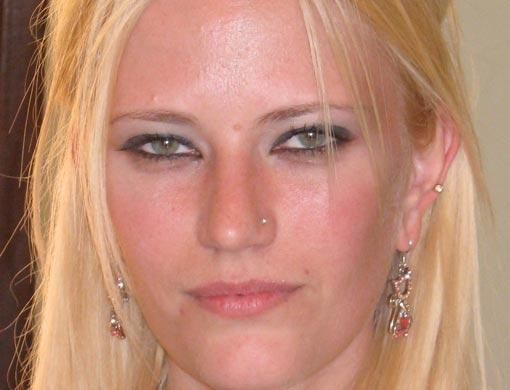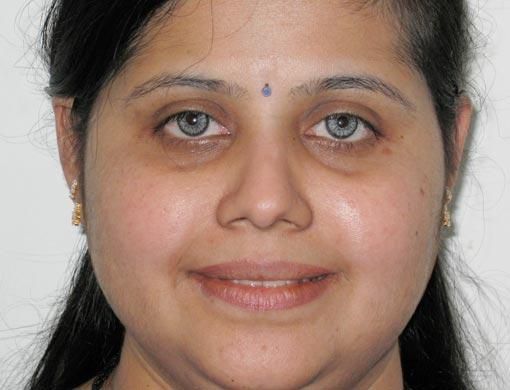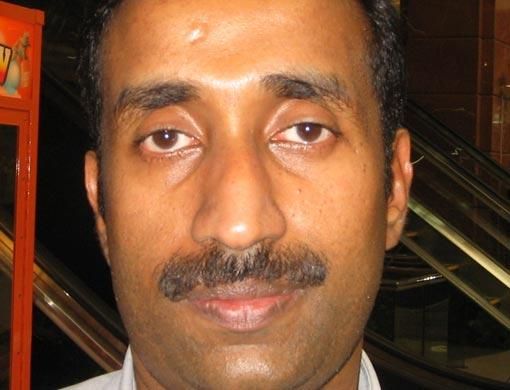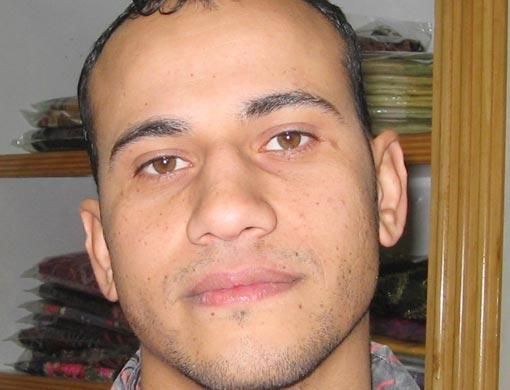Abu Dhabi/Fujairah/Dubai: Harsh penalties for drivers violating traffic rules came into effect on Saturday as part of the new federal traffic law introduced by the Ministry of Interior.
Click here for the list of violations, fines and black points (pdf)
The new rules also included the introduction of the black points system across the country against motorists found to be violating traffic rules.
If a motorist collects 24 black points for various offences, they risk confiscation of their license for a minimum of three months.
Gulf News took to streets and asked residents whether the harsher penalties would help improve road safety and deter motorists from violating traffic rules.
Abdul Sharif Saeed, 32, an Indian driver, said: "Harsher penalties are greatly needed in Dubai, but I do not agree with the system of black points because drivers may forget how many they have and not bother themselves to check with the police. Cash fines will do a better job because then nobody will forget. More police patrols will also help because everyone drives better when they see the police."
Hussain Halawani, 29, a shopkeeper from Egypt, said: "Some may drive better with the introduction of the new system but others may continue to drive recklessly.
"I wonder many times how people were able to get their driver's license because they drive so badly. And I think they will continue to do so because they do not have enough experience driving on the busy roads."
Salam Valiyapeediyekal, 26, an Indian retail manager, said: "People's mentality will definitely change and they will think twice before violating traffic rules.
"I hope that the roads will be safer too, because I found myself on several occasions being forced out of my lane by speeding cars."
An Indian consultant, Ravi Kumar, said: "Considering the number of accidents these days, I believe a strict monetary penalty is good.
"People who have crossed a red light or ran over a pedestrian should not be able to drive again."
Muktha Satheesh, a supervisor from India, feels there should be stricter rules. She, however, believes in giving chances.
"The driver might cross a red light without having a bad intention. It would be too harsh to fine the driver right away, so the black point system is fair. The more serious the offence is the more serious the penalty should be," said Sath-eesh.
Chrissie Smuts, 22, from South Africa is shocked at how people drive nowadays. She believes in harsh penalties by doubling the current fines enforced in the federal traffic law as she felt rash drivers endanger other people's lives and they have no right to do that.
Mousa Al Hariri, 30, a hairdresser from Syria, said: "The new penalty system might be enough to deter most expatriates but I'm not sure it will have the same affect on most Emiratis. For an expatriate, taking a license away or the threat of getting in trouble with the law is a serious matter."
For young Emirati offenders, said Hariri, if their license is taken away, all they have to do is apply in a different emirate or even a neighbouring Gulf country. For it to have an impact they should concentrate on taxis and women drivers and those drivers under 25 years of age.
Another Syrian hairdresser, Essam Al Dawas, 36, felt that the black point system could reduce reckless driving but it would depend on which penalties would apply to which offence.
"The penalties should apply to all types of violations no matter how small they are, including not using a seat belt, and should not just concentrate on the obvious breaches.
"Also, the new system should be laid down hard in the first few months. This way everybody would be more conscious of road and safety regulations, creating a better driving culture," said Dawas.
A Filipina airport ramp coordinator, 29, doesn't think reckless drivers can be stopped. She does, however, believe that tough action against reckless drivers is a welcome.
"My only concern is that something as important as this should be relayed to all road users, so everybody would know exactly how the system works.
"I do think, also, that many other things could be done to improve road safety, for example increasing speed radars and - more importantly - increasing police patrols on the roads."









_resources1_16a31069e4e_small.jpg)






